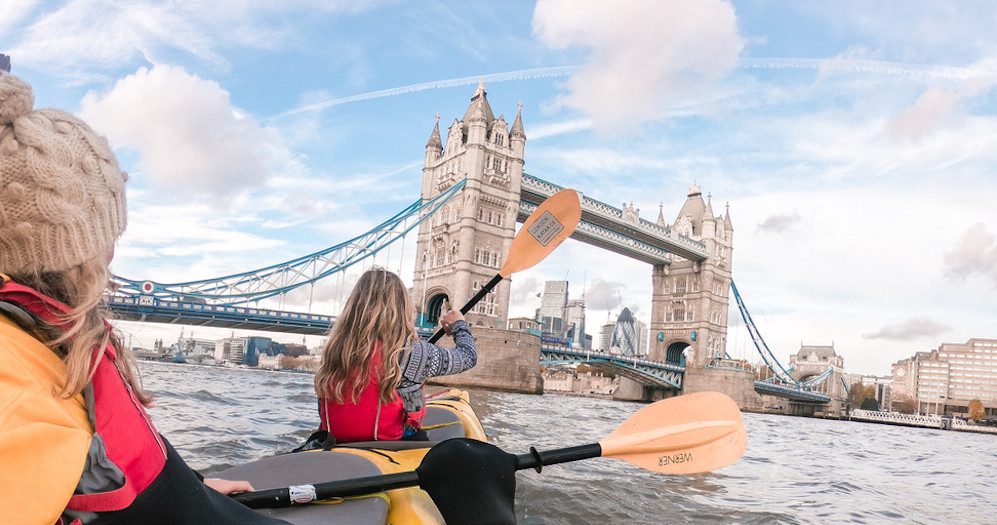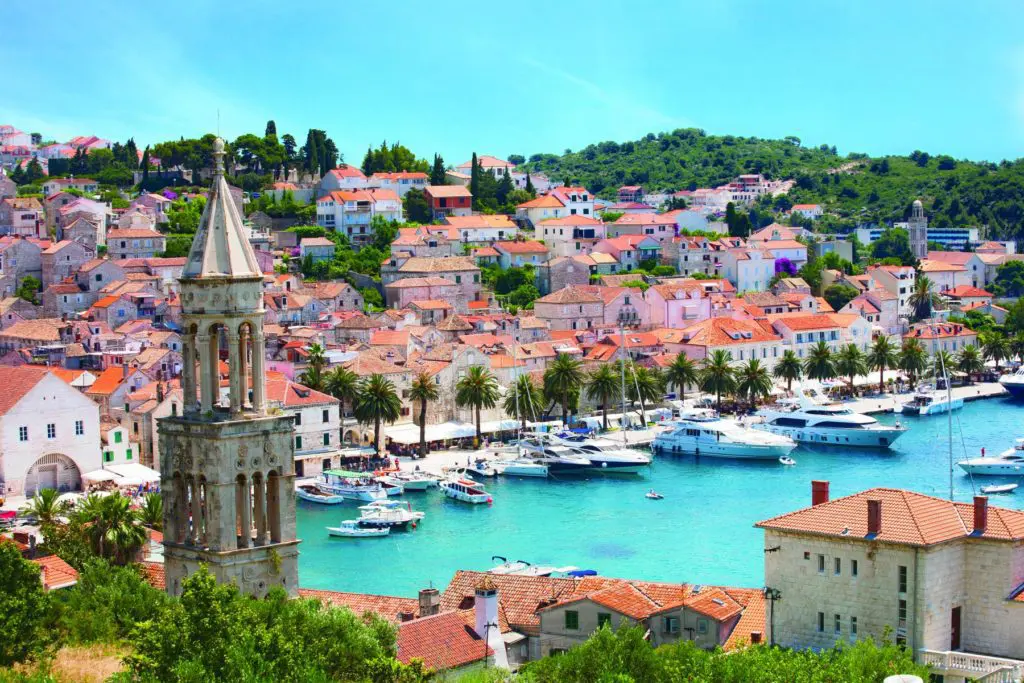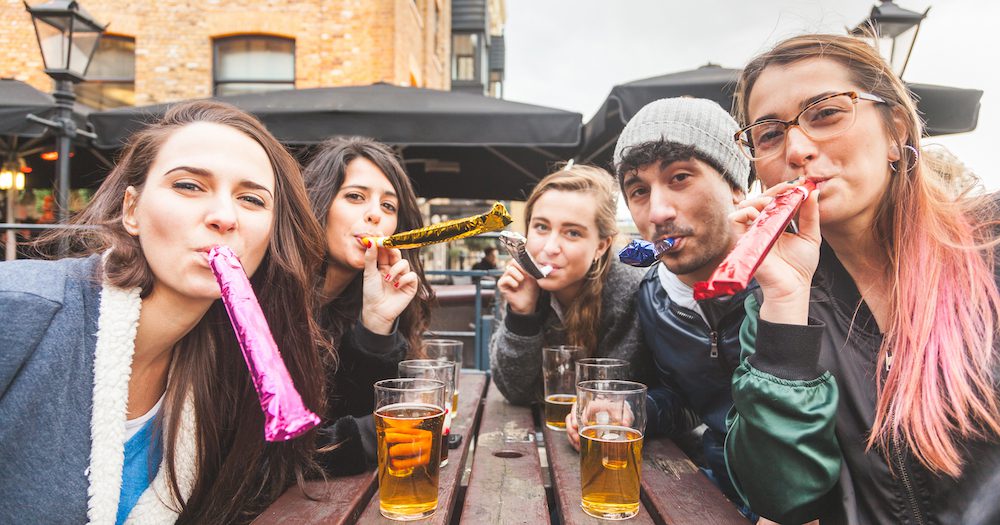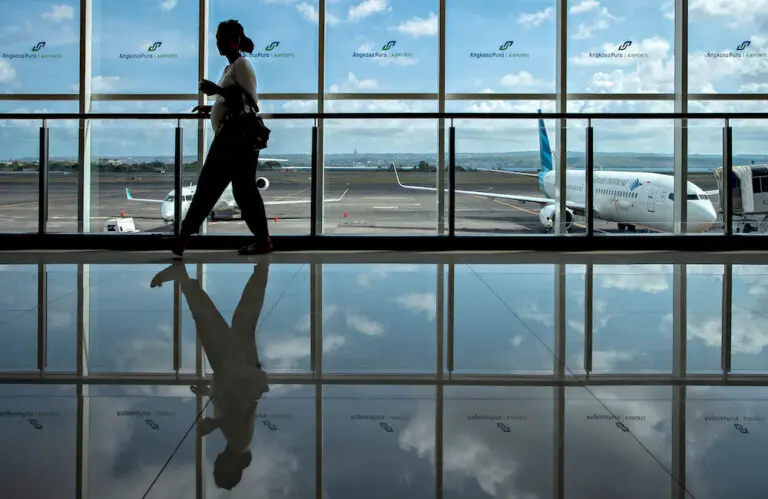Prime Minister Boris Johnson is ending more than a year of COVID-19 lockdown restrictions in England, urging the public to remain cautious but putting his faith in vaccines to protect the country even as infections are surging. But will it work?
On what local media have dubbed “Freedom Day”, Johnson’s decision to lift regulations on Monday in favour of restarting an economy damaged by a series of on-off lockdowns since March 2020 marks a new chapter in the global response to the coronavirus.
If the vaccines continue to prove effective in reducing severe illness and deaths even while infections reach record levels, Johnson’s decision could inform other highly vaccinated countries’ approaches to returning to normal.
But the strategy comes with risks – most notably that a variant capable of resisting vaccines could emerge, or the caseload could grow so severe that the economy grinds to a halt. Given that, Johnson has urged the public to take a cautious approach to the reopening.
“If we don’t do it now we’ve got to ask ourselves, when will we ever do it?” he said in a video message filmed on Sunday. “This is the right moment but we’ve got to do it cautiously. We’ve got to remember that this virus is sadly still out there.”

Britain has the seventh-highest death toll in the world, 128,708, and is forecast to soon have more new infections each day than it did at the height of a second wave of the virus earlier this year. On Sunday there were 48,161 new cases.
But, outstripping European peers, 87 per cent of Britain’s adult population has had one vaccination dose, and more than 68 per cent have had the two doses which provide even more protection. Daily deaths, about 40 per day, are just a fraction of a peak of above 1800 seen in January.
From midnight, laws in England requiring face masks to be worn in shops and other indoor settings will lapse, as will capacity limits in bars and restaurants, and rules limiting the number of people who can socialise together.
However, the ambition to reopen the economy could be thwarted, with the tens of thousands of new infections every day forcing hundreds of thousand of workers to self-isolate: not just people who are infected but people they have been in close contact with.

29 countries and territories are on Britain’s “green list”, including Singapore, Croatia, Iceland, and Barbados, allowing British residents to travel without having to quarantine on return. But some of these countries have their own entry rules, that don’t accept inbound arrivals.
Last week a group of British airports and airlines took the U.K. government to court, demanding it discloses the evidence behind its coronavirus travel restrictions that they say is ruining their business.
The travel businesses say the government’s “traffic light” system of classing countries as low, medium, or high risk is not transparent.
“We are told it is a risk-based approach, so what we say is that the criteria and the reasons must be sufficiently accessible,” The group’s lawyer, Tom Hickman, said at a High Court hearing in London on Friday. He said there was a “fundamental lack of transparency”, and the categorisations appeared arbitrary.
What do you think about ‘freedom day’? Is it a good idea? Will it backfire? Will it help the travel industry recover from the pandemic? Let us know – email editor@karryon.com.au.
Source: AAP





